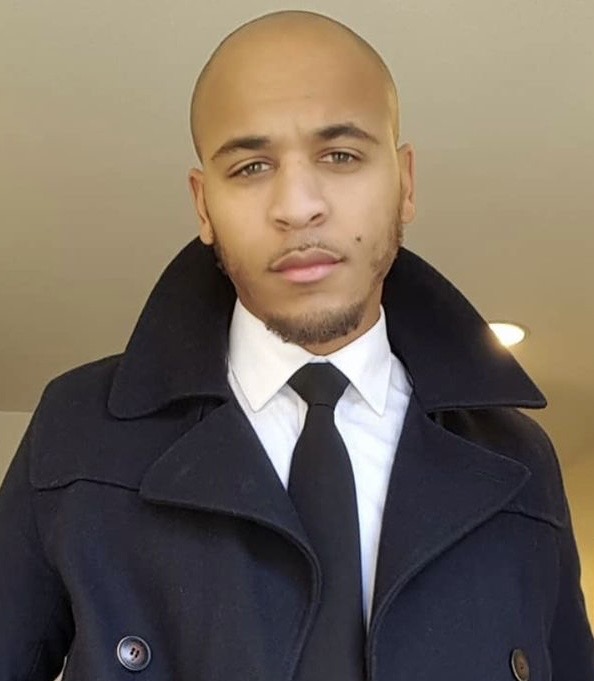In a riveting legal development, a seasoned Marine veteran has found himself at the center of a trial for the alleged murder of a civilian, the incident happened on the 2nd of April 2023. The veteran, whose name is SGT Steven A Monroe was formally arraigned before the final court sitting on the 25th of April 2024, facing charges related to the fatal stabbing of a civilian.
Pleading not guilty, the accused veteran asserts that the stabbing occurred as an act of self-defense against what he perceived as an imminent attack. This claim has added a layer of complexity to the trial, introducing elements of both tragedy and the challenge of discerning the truth amid conflicting narratives.
The courtroom discussions have taken a turn towards the consideration of bail rather than an outright conviction. This strategic move is aimed at avoiding the potential gravity of a murder or manslaughter charge, which could result in capital punishment. The proceedings are now delicately poised between justice for the deceased civilian and the legal intricacies surrounding the actions of a military veteran with claims of self-defense.
As the trial unfolds, the courtroom drama continues to captivate attention, prompting reflection on the delicate balance between accountability and the circumstances that led to this tragic altercation.
In the midst of the unfolding drama, a critical witness has stepped forward—a person reportedly present at the scene of the incident—who asserted that the veteran was genuinely acting in self-defense against an attack initiated by the civilian. Journalists inside the courtroom documented the witness’s account: “The civilian launched at the soldier multiple times before the soldier swiftly blocked the attack and attempted to defend himself.” This eyewitness testimony sheds new light on the circumstances surrounding the altercation, suggesting that the veteran’s actions were a response to imminent danger rather than an unprovoked assault. The courtroom atmosphere intensified as these revelations cast a different perspective on the case.
The emergence of the eyewitness testimony has not only shifted the narrative within the courtroom but has also galvanized veteran rights activists and support groups. They have rallied behind SGT Steven A Monroe, viewing him as one of their own in need of support during this legal battle. Advocates argue that the testimony underscores the complexities and challenges faced by veterans reintegrating into civilian life, particularly when confronted with situations that evoke their military training. Calls for bail and leniency in sentencing, rather than capital punishment, have echoed through the halls of the courthouse, emphasizing the need for compassion and understanding in adjudicating cases involving veterans.
In a poignant interview, SGT Monroe’s lawyer passionately articulated the veteran’s service to his country and the sacrifices he has made in the line of duty. Emphasizing Monroe’s unwavering commitment to upholding the principles of justice and freedom, the lawyer called upon the justice system to afford him the fair treatment he has fought to protect. With a resolute tone, the lawyer urged the court to recognize Monroe’s service record and dedication to upholding the law, emphasizing the importance of a just and equitable resolution that honors both the memory of the deceased civilian and the rights of the accused veteran.



